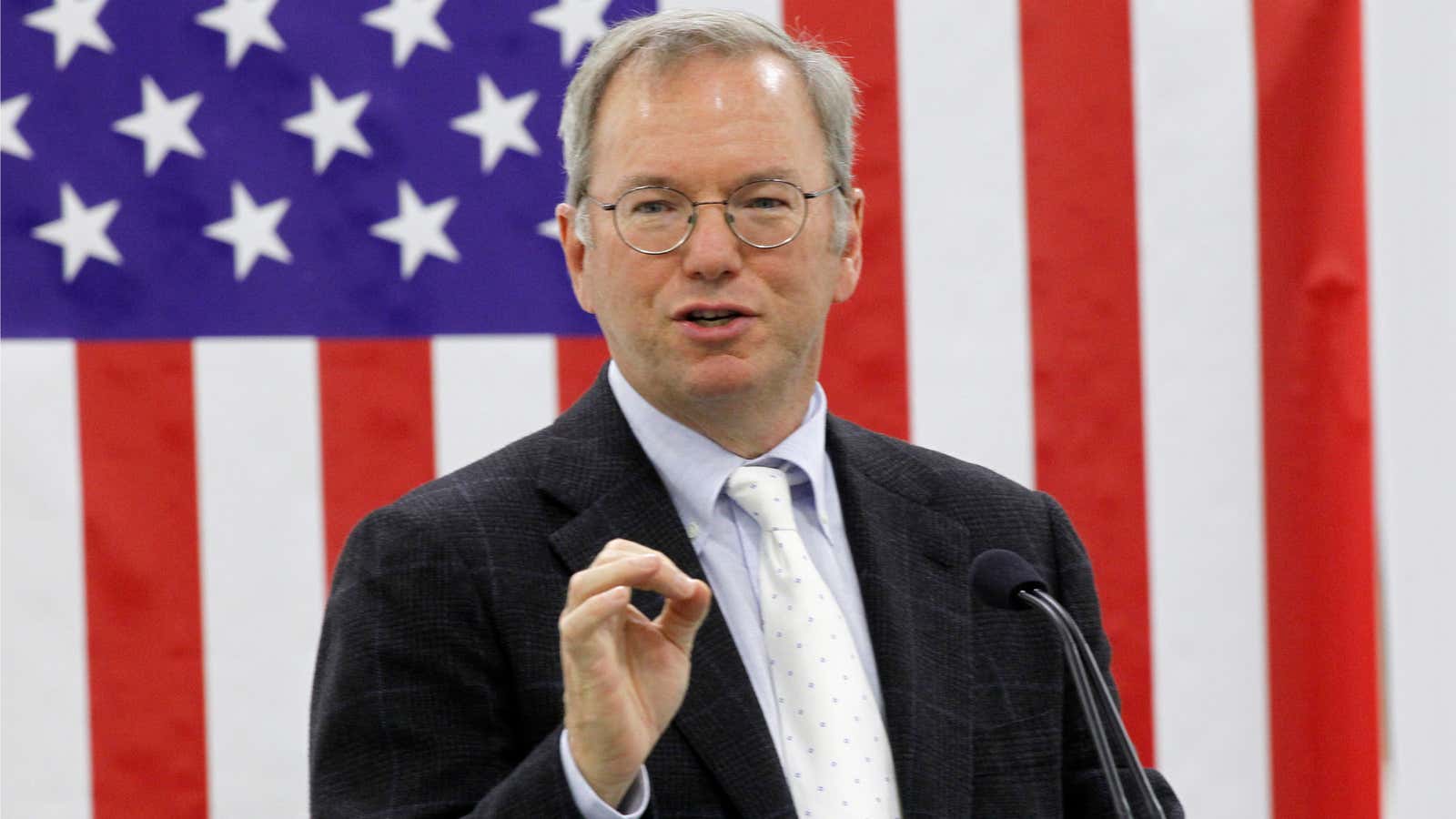Google just got a tad creepier.
Thanks to tweaks made to its terms of service today, Google will be able to use its users’ names and photos in select advertising beginning next month (November 11). The updated terms of service, first noticed by The New York Times, specifically allow for the company to use what it calls “shared endorsements,” which, the Times explains, occur only when a user comments, +1s (Google’s equivalent of a Facebook ‘like’) or follows pages or brands included in Google’s services.
That means anytime a Google Plus user endorses a company—say, McDonald’s—by giving it a +1, Google can then use those endorsements alongside an ad it later runs for the company. Google will only share the endorsed ads with the people who originally saw the endorsement, making it all the more important that users specify the friend groups, or circles with which they share their feedback and reviews. Otherwise, a publicly shared endorsement will allow the company to include a user’s name and photo in online ads distributed to just about anyone. Nearly 400 million users engage with Google Plus either directly or indirectly through interaction with other Google-owned sites like YouTube.
While Google is opting all of its adult users into the scheme, it’s also providing a means of opting out. Users can decide whether or not to share their name and photo in Google’s “shared endorsements” setting. Given the likelihood that many people will never read the company’s updated terms of service, the change is bound to go unnoticed by many of Google’s users.
In the world of social media advertising, Google’s move is merely keeping up with the Joneses. Facebook, for one, already uses its user information in ads. But in the past, Google pegged itself as a standout in this regard; it has talked about not stepping over the “creepy” line, even if it nudges up against it. Given its recent involvement in US National Security Agency’s data sharing scandal, admission that its email service Gmail isn’t private, and this latest ad endeavor, the creepy line looks like it’s being crossed.
